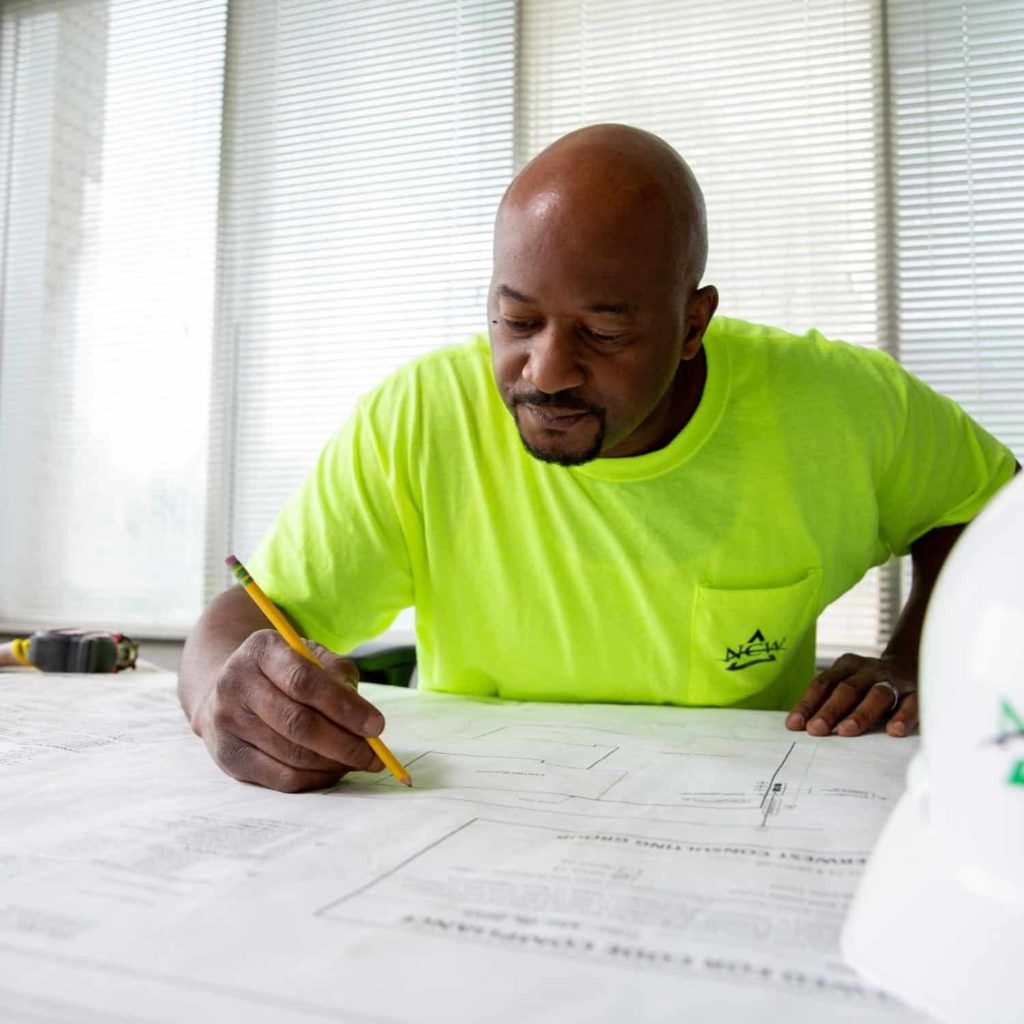Project Engineer Career Path
Do you find yourself searching “How to become a construction project engineer?” only to find an overload of outdated information? We’ve got you covered. Check out all the details we’ve highlighted below about project engineers and their potential career paths.
highest paying state.
Average Salary Increase In Last 10 Years.
or equivalent schooling required.

Get the edge you need to ace your next interview directly from the source.
Download Our Free Interview Packet!
What’s Inside?
Discover our comprehensive interview guide packed with valuable tips and insights to help you navigate every stage of the interview process with confidence. From dressing for success to mastering phone and video interviews, negotiating job offers/salary, and handling resignations, our guide covers it all. Download our interview guide and unlock the secrets to interview success in one convenient package.
SNEAK PEEK
Let’s Get Started.
See If You Check The Boxes To Be A Great Fire Sprinkler Fitter:
Mastering Project Management
You need to know how to juggle multiple tasks, handle budgets, ensure quality control, and coordinate with teams to complete tasks on time and within budget. This means you should be proficient in standard project management software and tools like Primavera P6, Microsoft Project, and Procore, to name a few.
getting tech savvy
Knowing your way around construction materials, reading blueprints, interpreting design plans, staying up to date with the latest building technologies and codes are technical skills that are important for project engineers.
communication is key
It’s crucial to communicate effectively and efficiently with your team, whether it’s clients, contractors, or colleagues. You should be able to explain complex technical information concisely while also practicing active listening to best understand the needs of others.


Project Engineer Job Overview
We Think You Have What It Takes To Be A Project Engineer… Do You?
As a project engineer, you’ll have the opportunity to work on exciting projects, gain hands-on experience, and develop essential skills that will serve you throughout your career. Fortunately, with the high demand for construction projects, you’ll enjoy excellent job security and plenty of opportunities for advancement. So, if you’re looking for a rewarding career that combines technical know-how with real-world impact, consider becoming a project engineer.
Key Requirements To Be A Great Project Engineer:
You may be wondering, what does a project engineer do? Here are key requirements for project engineers that can answer that question. Keep an eye out for changes – every job posting is different, and every employer has its unique preferences for project engineers.
Document management
Knowledge and experience in tracking administrative processes related to construction projects, including but not limited to: product tracking, document control, RFIs, submittals, transmittals, punch lists, and related logs.
Organizational skills
Extremely organized and detail-oriented focus for managing multiple project tracking and maintaining accurate file structure related to administrative tasks. Proficiency in Microsoft Office tools is expected.
Technical knowledge
A strong foundational knowledge in either civil, structural, or mechanical engineering, or construction management. No matter the foundation, the ability to read and interpret blueprints and construction drawings is assumed.
Bachelor’s Degree
A degree in engineering or a related field (civil engineering, structural engineering, or construction management) is required. Some employers require a master’s degree in a relevant field, especially when working on complex projects.
Unsure Of Next Steps To Become A Project Engineer? We’ve Got You:
-
Getting Started
Building the Foundation: Project Engineer Education Requirements
If you’re interested in pursuing a career as a project engineer, it all starts with earning the right degree. This is the foundation that equips you with the knowledge and skills to be successful in this role. Whether you choose to study civil engineering, construction management, or a related field, your coursework will cover topics like construction principles, design, and project management. -
A Few Years In
From Theory to Practice: Securing an Internship
To stand out amongst other candidates, you’ll want to gain hands-on experience through an internship. This will give you the opportunity to put what you’ve learned into practice while improving soft skills like communication and problem-solving. Many companies offer internships to college students, so be sure to start your search early and apply to as many as you can.
-
Ramping Up
The Big Break: Starting Your Career as a Project Engineer
After completing your degree and gaining experience through an internship, you’ll be ready to start your career. This can be an exciting, yet challenging time as you adjust to the demands of the job. From managing documents and communicating with stakeholders to ensuring safety on the job site, you’ll be responsible for a range of tasks. To succeed in this role, it’s important to be organized, detail-oriented, and work well under pressure.
-
The Future
Reaching New Heights: Advancing Your Career
Once you’ve established yourself as a competent project engineer, you may be ready to take on more responsibility and move up in the ranks. This could mean getting promoted to assistant project manager or even a project manager. In order to get there, you’ll need to demonstrate leadership abilities and show that you can manage increased responsibility that comes along with promotion. Keep learning and growing, and you’ll be on your way to a successful career in project engineering!
Here Are Some Trends We’ve Noticed In The Construction Industry:
Keeping Up with Construction Industry Trends: Insights into Project Engineer Jobs, Hiring, and Related Roles
01
Project Engineer Job Trends
02
Hiring Trends In The Construction Industry
With new technology advancing and different construction techniques emerging, construction companies are increasingly seeking employees with specialized skills and expertise, such as those related to sustainability, energy efficiency, and digital construction tools.
03
Mechanical Assembly Jobs
There are too many construction industry roles to name them all here, but take a look at these other positions related to project engineering:
Unsure Of Next Steps To Become A Sprinkler Fitter
We’re Here to Help!

Making A start
We specialize in helping construction craft professionals find their dream role. Do you have experience in reading schematics, pipe fitting, or construction? If so, we are here to help you find your next job as a sprinkler fitter. Have another specialty? Don’t worry, we do more than hire for construction jobs, so let us know how we can help you.
Our recruiters have years of experience working with top talent, just like you. Our goal is to get to know you, understand your aspirations, chat through your experience, and connect you with a position that aligns with your wants and needs.
Connect To Opportunitiy
Our team puts your resume directly in front of hiring managers’ eyes.
Expanded Network
NCW expands your network to uncover opportunities that may not have been available otherwise.
By Your Side
Our recruiters prep you for the interview process and guide you through every step of the way.
Recommended for you:
Want to see how NCW can help you with you job hunt?
Let’s Start The Conversation
